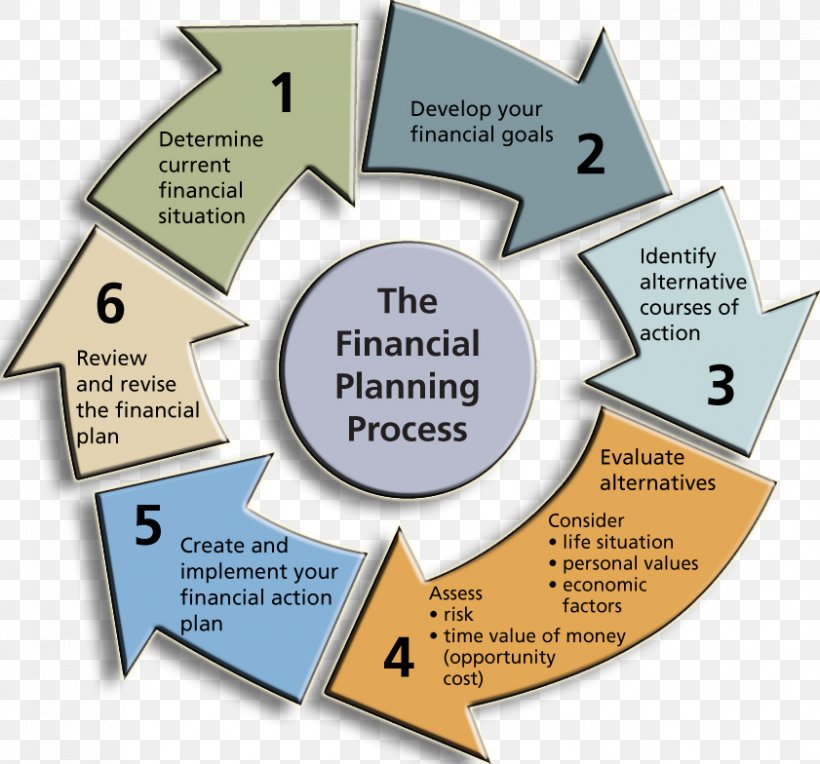
A nonprofit business plan begins with a summary section that tells the reader what change you want your organization to make. This section will include information about your mission, vision and goals as well as specific problems that you are trying to solve. This summary will also give an overview of the rest of the plan. This summary should also contain your financial information and costs.
Executive Summary
A nonprofit business plan executive summary should include information about the organization's mission, goals, and strategies. It should also outline the target audience and identify the marketing strategies. It should also address the current financial status and future plans. Finally, it should include a list of team members. This section should include information about the board members as well as key staff.
A nonprofit business plan executive summary should include details about the daily operations, staff, and facilities. It should outline the employee numbers, pay structure, as well as the types of positions. It should also detail the hiring plans for future employees.
Team section
The team section of a nonprofit business plan should describe the organization's structure, including board members and paid staff. You should include details about training requirements and other requirements for team members. Include details about future hiring plans as well as temporary staffing options. Finally, include yourself. Outlining your role in the company is not enough. You should also describe your personal goals.

You may include a marketing plan depending on the purpose of your non-profit. You should outline your target audience, and use the four Ps for marketing your organization. In particular, you should identify how to attract donors. In addition, your marketing plan should include customer and donor retention.
Costs
Your nonprofit business plan should include a section about the costs of running the company. This section should include a breakdown on direct costs, such as salaries for employees, equipment, and insurance. It should also include web maintenance costs and phone bill costs. It is also a good idea to include future cash flow statements, income sheets, and balance sheets.
A statement of activities is an important part of a nonprofit's business plan. It shows how much money the nonprofit makes from its activities. This statement should contain a breakdown of revenues and costs for the first year, and then each year for the second and subsequent years.
Market analysis
Market analysis is one of the most important aspects in creating a nonprofit business plan. Market analysis, also called an environmental scan, involves researching the market in order to understand the needs of the target audience and how the enterprise will meet those needs. Without the right market knowledge, it is impossible to achieve your mission and vision. Market analysis should include a summary that includes the market, competition, value proposition, product or service, and a description of the market.
The market analysis section of your nonprofit business plan should outline projections based on market data and describe your target market, competitors, beneficiaries, and potential partners. It should also identify specific outcomes that the nonprofit hopes to achieve. An operational plan is also essential for a successful plan. This plan outlines how the nonprofit will carry out activities and assess the program's effectiveness.

Organisational structure
A nonprofit business plan must outline the organizational structure and the goals and objectives. The business plan should identify which industry or niche the nonprofit will serve. It should also explain how the nonprofit's products and services will benefit clients and the community. It should identify its board members and management team. This is why it is easiest to draw an organizational diagram.
A nonprofit organization will typically have a board of directors or a leadership team, while a business will usually have a volunteer coordinator. It does not matter what size the organization is. However, it must define its organizational structure clearly and describe its key management personnel. In other words, describe who is going to be involved in each department and describe their job descriptions.
FAQ
What type of contracts are available to consultants?
Most consultants sign standard employment agreements when hired. These agreements specify how long the consultant will be working for the client and what he/she will be paid.
Contracts may also include details about the specific areas of expertise that the consultant is going to be focusing on as well as how they will be compensated. An agreement could state, for example, that the consultant will offer training sessions, workshops and webinars.
Sometimes, the consultant just agrees to complete certain tasks within a defined timeframe.
In addition to standard employment agreements, many consultants also sign independent contractor agreements. These agreements allow the consultant not only to work for himself/herself but also provide payment.
What qualifications are necessary to become a consultant
It doesn't suffice to hold an MBA. You also need to be able and willing to work as a business advisor. Two years experience should be gained in consulting or training for a major corporation.
You must have worked closely with senior management teams on strategy development projects. This will require you to be comfortable sharing your ideas with clients and getting their buy-in.
You will also need to pass a professional qualification test such as the Chartered Management Institute Certified Management Consultant certification (CMC).
How is consulting different to freelancing
Freelancers are self-employed individuals who offer their services to clients without employees of a company or agency. They usually charge an hourly rate based on how much time they spent on a project. Consultants work for companies and agencies that employ them. They are often paid monthly or annually.
Consultants have less flexibility than freelancers because they can control their work hours, and set their own prices. However, consultants often have better benefits, such as health insurance, vacation days, sick leave, retirement plans, etc.
Statistics
- So, if you help your clients increase their sales by 33%, then use a word like “revolution” instead of “increase.” (consultingsuccess.com)
- According to statistics from the ONS, the UK has around 300,000 consultants, of which around 63,000 professionals work as management consultants. (consultancy.uk)
- According to IBISWorld, revenues in the consulting industry will exceed $261 billion in 2020. (nerdwallet.com)
- WHY choose me: Why your ideal client should choose you (ex: 10 years of experience and 6-week program has helped over 20 clients boost their sales by an average of 33% in 6 months). (consultingsuccess.com)
- 67% of consultants start their consulting businesses after quitting their jobs, while 33% start while they're still at their jobs. (consultingsuccess.com)
External Links
How To
How do I start a consulting business without any money?
Start your own consultancy company with a simple and efficient method - no capital investment required!
You'll learn how you can make money online, increase your skills, earn more cash and be successful.
These secrets will help you generate traffic on demand. This is especially important when people are looking for something specific.
This is known by the name "Targeted Traffic". This is how this method works...
-
Find out what niche you want.
-
Research which keywords people use to find solutions on Google.
-
Write content around these keywords.
-
Post your articles on article directories.
-
Promote your articles using social media.
-
You can build relationships with people who are experts in the field.
-
You can be featured on these websites and blogs.
-
Emails can be used to grow your email database.
-
Start making money.